Are you looking for free government money for seniors over 49? If yes, you have stumbled upon the perfect page.
With the disadvantaged group in the community, seniors who live on limited finance also need various assistance.
Recognizing this fact, the American government runs a number of programs to offer multiple financial assistance to seniors, ensuring they live a peaceful life.
Americans Could Receive Up To $3,822 / month in Disability Benefits
Your benefits search begins here!
Fill this Form to Check Eligibility
I have always been close to my grandparents and love spending time with them. Recently, I noticed they seemed worried a lot, especially about money. Seeing them like this made me want to help.
I decided to search for ways to ease their money worries. I spent many evenings on the internet, looking through government websites.
[quads id=26]
Finally, I found some helpful programs. One is Lifeline, which helps with phone and internet bills, making communication services more affordable.
Another option is the Low Income Home Energy Assistance Program (LIHEAP), which helps with heating and cooling bills.
I also discovered Medicaid, which can help cover medical expenses and healthcare costs, providing them significant relief.
I feel relaxed now that I have signed up my grandparents for these programs.
In this article, I have shared everything you need to know about getting Free Government Money For Seniors Over 60.
So, without any further ado, let’s get started.
Can Seniors Get Free Money From the Government?

Yes. Free government Money is available for seniors over 60. However, limited programs offer cash benefits to seniors.
Nonetheless, the US government offers numerous programs to support seniors financially, such as Social Security, Medicare, Medicaid, Supplemental Security Income (SSI), and Low-Income Home Energy Assistance Program (LIHEAP).
These programs assist seniors with food, housing, healthcare, and utilities.
Top Programs To Get Free Government Money For Seniors Over 60
The government in the United States offers social security by providing various types of assistance through several programs.
These programs do not necessarily include direct money benefits to seniors but other assistance such as healthcare, food, housing, traveling, and other necessities.
Here are the programs to get free government money for seniors over 60.
[quads id=26]
Supplemental Security Income
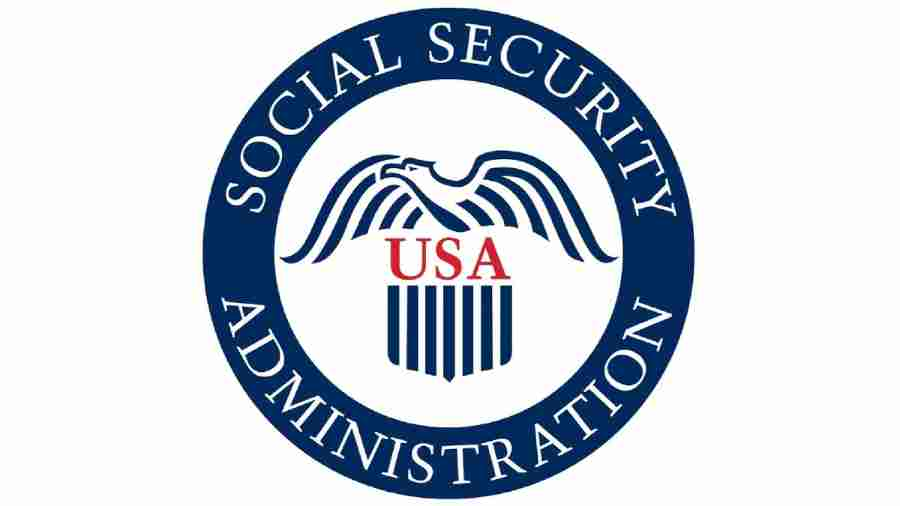
SSI, which stands for Supplemental Security Income, is one program that offers free government money for seniors over 60.
The federal government program provides a monthly cash benefit to seniors aged 65 and above, blind or disabled of any age with low income.
SSI is designed to support individuals whose monthly earnings from work do not exceed $1,971. The income threshold is adjusted for couples or parents applying for their children.
Additionally, SSI considers various income sources apart from employment, such as disability benefits, unemployment compensation, and pensions.
The SSI amount eligible people receive under this program varies with their income, age, living conditions, and other factors.
You can apply and find out that you are eligible for Supplemental Security Income at the SSI official website.
Medicaid

Medicaid is a joint federal and state program that provides healthcare benefits to low-income individuals, families, and seniors.
Medicaid Eligibility requirements vary by state, and Free Government Money for Seniors Over 60 covers a wide range of medical services, including nursing home care, doctor visits, and prescription drugs.
Supplemental Nutrition Assistance Program (SNAP)
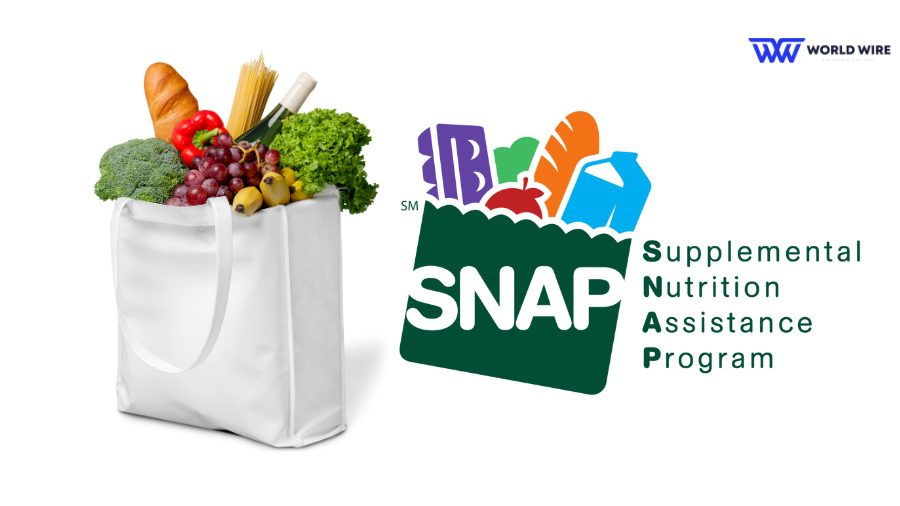
SNAP (formerly known as food stamps) is a federal government program that provides food assistance to low-income eligible individuals.
You can buy many surprising things through EBT, such as groceries, baby formula, fruits, and vitamins.
Seniors can also get free food delivery through EBT; however, not many restaurants provide delivery with an EBT card.
Under SNAP, benefits are provided through an EBT card that can be used at authorized grocery shops to pay bills.
Some States even allow SNAP beneficiaries to withdraw money from ATMs using their EBT card.
This can be beneficial for seniors who need money for other important purposes.
Here are the details of the SNAP monthly benefits based on household size.
| People in Household |
Maximum Monthly Allotment
|
| 1 | $291 |
| 2 | $535 |
| 3 | $766 |
| 4 | $973 |
| Each additional person | +$219 |
Note: These benefits are only for 48 contiguous states and the District of Columbia. Alaska, Hawaii, Guam, and the U.S. Virgin Islands have different allotments.
Here is how you can calculate your SNAP monthly allotment.
| Benefit Computation | Example |
| Multiply net income by 30% |
If net monthly income is $1,200, multiply by 0.3: $1,200 x 0.3 = $360
|
| Subtract 30% of net income from the maximum allotment for the household size |
If the maximum allotment for a 4-person household is $900, subtract $360 (30% of net income) = $540, SNAP Allotment for a full month
|
Low Income Home Energy Assistance Program (LIHEAP)

LIHEAP is another federal program that helps low-income seniors and families with energy costs.
The program helps to reduce the costs of home energy bills, weatherization, and other energy-related home repairs to save eligible seniors from unsafe heating and cooling situations.
Seniors and families who participate in SNAP, SSI, or TANF programs may be automatically eligible for this program.
In addition, your annual household income(before taxes) must follow the table below.
| Household Size |
Annual Household Income
|
| 1 | $22,590 |
| 2 | $30,660 |
| 3 | $38,730 |
| 4 | $46,800 |
| 5 | $54,870 |
| Each Additional Member | Add $8,070 |
Weatherization Assistance Program
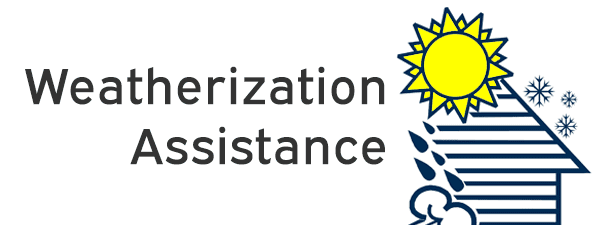
The Weatherization Assistance Program (WAP) helps low-income families reduce energy costs by making their homes more energy-efficient.
For example, it provides free window replacement for Seniors and replaces them with more energy-efficient windows.
The program is available throughout the U.S., including in all states, U.S. territories, and among Native American tribes.
It’s funded by the U.S. Department of Energy and managed by various local agencies.
To qualify for WAP, your household income must typically be at or below 200% of the federal poverty guidelines.
However, eligibility can vary by state and may include other criteria. Priority is often given to households with elderly members, those with disabilities, families with children, and those with high-energy usage.
Lifeline Program

The Lifeline program is a federal initiative designed to make communication services more accessible and affordable for low-income individuals.
It offers a monthly discount on either phone or internet services, helping ensure that everyone has the means to stay connected.
Eligible participants can receive a monthly discount of up to $9.25 on their service bills.
Seniors can qualify if their income is below 135% of the federal poverty guideline and participate in programs such as SSI, Medicaid, TANF, etc.
| Household Size | 48 Contiguous States, D.C., and Territories | Alaska | Hawaii |
| 1 | $20,331 | $25,394 | $23,369 |
| 2 | $27,594 | $34,479 | $31,725 |
| 3 | $34,857 | $43,565 | $40,082 |
| 4 | $42,120 | $52,650 | $48,438 |
| 5 | $49,383 | $61,736 | $56,795 |
| Each Additional Member Add | $7,263 | $9,086 | $8,357 |
Type Of Free Assistance Seniors Can Get from the Government
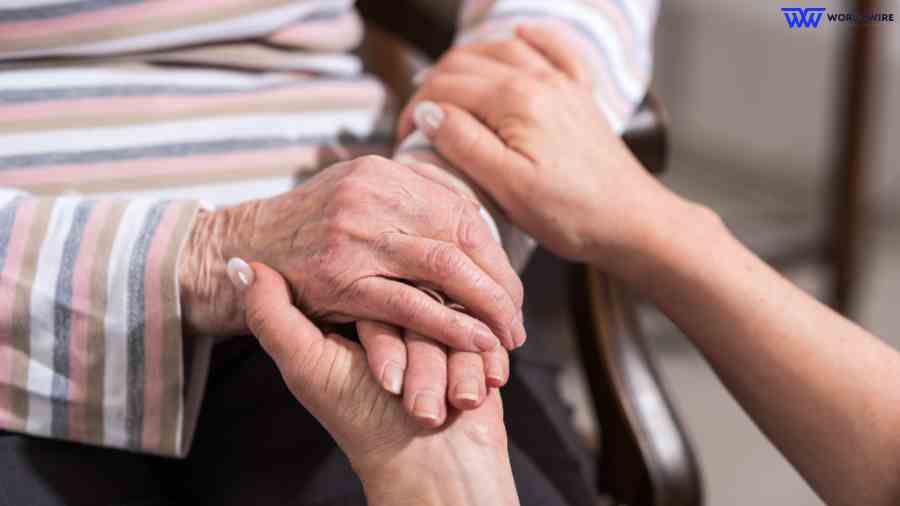
The U.S. government offers seniors various types of free assistance to fulfill their basic requirements and lead a peaceful life with raised standards.
While programs offering free government money for seniors over 60 are limited, many programs offer the following assistance to seniors.
Food Assistance
Seniors can access food assistance through programs such as the Senior Farmers’ Market Nutrition Program, which provides coupons for purchasing fresh produce at local markets.
The Commodity Supplemental Food Program offers monthly food packages to help ensure seniors receive nutritious meals.
Additionally, the Supplemental Nutrition Assistance Program (SNAP) supports seniors by providing an Electronic Benefits Transfer card, which works like a debit card to purchase groceries or order food online with EBT, aiding their nutritional needs.
Financial Assistance
Social Security offers several benefits, including retirement income, disability income, and Supplemental Security Income (SSI) for eligible seniors.
Additionally, programs like Temporary Assistance for Needy Families (TANF) can provide free Government Money for seniors over 60.
Healthcare
Healthcare support for seniors is primarily provided through Medicare and Medicaid. Medicare offers extensive health insurance coverage for seniors over 65, encompassing hospital stays, outpatient services, and prescriptions.
Medicaid assists those with limited income by covering additional healthcare services not available under Medicare, including some long-term care services, enhancing healthcare accessibility for seniors.
Transportation
Transportation assistance is vital for seniors who may face mobility challenges.
Many localities provide paratransit services that offer door-to-door transportation for seniors under the Americans with Disabilities Act. Programs like the Eldercare Locator Service help seniors find local transportation options, ensuring they can attend medical appointments, go shopping, and participate in community activities without transportation being a barrier.
Phone Service
Programs like Lifeline offer reduced-cost or free phone services to low-income seniors to ensure that they can stay connected with family, healthcare providers, and emergency services.
Seniors can get up to a $9.25 discount on monthly internet services.
This assistance is crucial for maintaining communication safety and social well-being.
Utility and Housing Assistance
Housing assistance for seniors is available through several programs designed to help manage housing costs and maintain safe living conditions.
The Department of Housing and Urban Development (HUD) offers programs like Section 202 Housing, which provides rental housing for low-income seniors.
Additionally, programs such as the Low Income Home Energy Assistance Program (LIHEAP) assist with energy bills and minor energy-related home repairs, ensuring seniors can live comfortably without the burden of high utility costs.
Not just housing assistance, Seniors can get many free stuff from the government under this program, such as housing appliances, beds, etc.
How To Apply for Free Government Money for Seniors Over 60
SSI is a cash assistance program that offers free government money to seniors over 60.
The program is operational in all 50 states, the District of Columbia, and the Northern Mariana Islands.
Eligible people can apply for SSI benefits on the SSA’s website, https://www.ssa.gov/, by clicking the ‘Apply for SSI’ option.
Apart from these, the application process for programs offering other assistance might vary between states.

Federal assistance programs offering food and healthcare benefits, like SNAP and Medicaid, are available in all states.
On the other hand, some state government programs are specific to a particular state. This means you can apply to that program only when you are a resident of that specific state.
Here are the general guidelines for applying for a program offering free government money and other assistance.
Learn about the program
Find out about the program details that offer assistance in your state.
Verify your eligibility
Check whether you are eligible for the assistance program you wish to apply for.
Collect the documents
Gather the necessary eligibility documents to confirm your qualification for the program.
Apply for the program
Finally, you must apply for the program through the accepted application procedure.
Eligibility To Get Free Government Money For Seniors Over 60
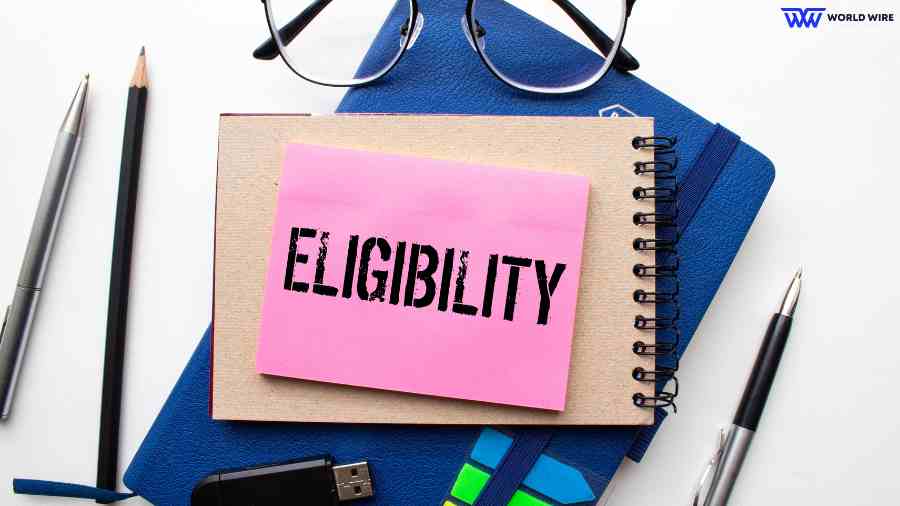
A senior should be eligible to apply for free money or assistance programs by certain criteria.
Seniors can get free money under the SSI if
- They have low or no income.
- If they have a disability or blindness.
- If they are aged 65 or older.
Eligibility for various other assistance programs varies by program and state. Seniors need to learn the specific requirements to get financial support. You can visit the program websites to check eligibility.
Documents To Get Free Government Money For Seniors Over 60
The documents to get free government assistance vary for different programs and states.
The documents you need are based on the eligibility requirements of the program.
Since most programs require low income and a specific age to be eligible, seniors will need proof of age and an income statement or proof of income, such as tax returns or benefit statements.
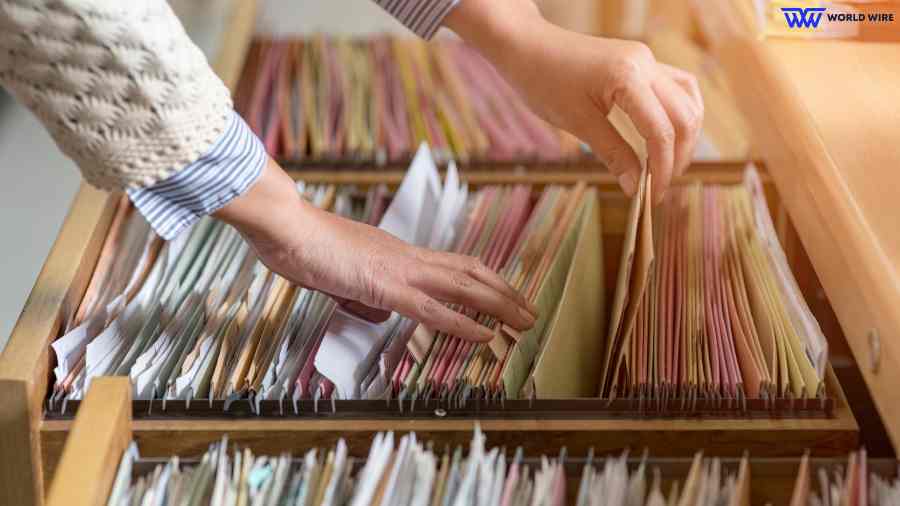
Seniors might also need identification or other documents, depending on the program. Therefore, it is best to learn about the exact document requirements from the program’s website before you apply.
Here is a common list of documents seniors might need to prove their eligibility for various government programs.
Documents to prove your income
- Income statement from your current employer
- Child support award
- Divorce decree
- Previous year’s state, federal, or tribal tax return
- Pension/retirement statement of benefits
- Social security statement of benefits
- Unemployment or worker’s compensation statements of benefits
- Veterans Administration statement of benefits
General Documents
You can have the following documents if you require documents to prove your age, identity, or address.
- Birth Certificate
- U.S. Driver’s license
- A valid government, military, state, or Tribal ID
- Passport
- Most recent W-2 or tax return
- Mortgage or lease statement
- Certificate of U.S. Citizenship or Naturalization
- Utility bill
- Certificate of emancipation
Frequently Asked Questions
Are there special grants for seniors with disabilities?
There are few special grants specifically for seniors with disabilities in the United States, but some programs can help.
Programs like Supplemental Security Income can offer financial aid to low-income individuals, including seniors with disabilities.
More information is available on the Social Security Administration website: https://www.ssa.gov/. Additionally, several government and private grants are available for people with disabilities, regardless of age.
How can seniors access free or discounted transportation services?
There are several ways seniors can access free or discounted transportation services. Many public transportation systems offer reduced fares for seniors.
You can contact your local public transportation authority for more information on eligibility and the application process.
Many non-profit organizations also provide transportation services for seniors, such as rides to medical appointments or grocery stores.
You can search online for “transportation services for seniors” in your area to find locally available services.
Are there housing assistance programs designed specifically for seniors?
Yes, there are housing assistance programs designed specifically for seniors.
These include the Section 8 Housing Choice Voucher Program, administered by the Department of Housing and Urban Development (HUD), which provides rental assistance to low-income individuals, including seniors.
The other is the Section 202 Supportive Housing for the Elderly program, which offers rental assistance for older adults in apartments designed for seniors.
Additionally, many states and localities offer housing assistance programs for seniors.
These programs can vary depending on location, so it is important to check with your local social service department to see what housing assistance is available in your area.
Can seniors receive financial help for utilities and other household expenses?
Yes. Seniors can receive help with utility bills and other household expenses in the United States through various programs.
LIHEAP (Low-Income Home Energy Assistance Program) provides financial assistance with heating and cooling costs for low-income households, including seniors.
LIHEAP can also help with weatherization projects to improve home energy efficiency and reduce utility bills.
There is also the Supplemental Nutrition Assistance Program (SNAP), which can help low-income individuals and families afford groceries.
What nutrition and food programs are available for seniors on a budget?
Several government-funded programs are available to help seniors on a budget obtain nutritious meals.
For example, SNAP provides monthly financial benefits that can be used to buy food items at authorized retailers.
The program can help seniors meet their nutrition requirements. The other is the Commodity Supplemental Food Program (CSFP), which provides low-income seniors a monthly box of shelf-stable, nutritious food.
The box’s contents vary based on location and availability but can include canned goods, cereal, dairy products, and meat.
The Senior Farmers’ Market Nutrition Program (SFMNP) is another program that provides vouchers to low-income seniors to purchase fruits, vegetables, and herbs at participating farmers’ markets.
Apart from these, many non-profit organizations work to provide food to seniors who cannot afford to pay for their groceries. Meals on Wheels is one such organization that delivers hot meals to seniors.




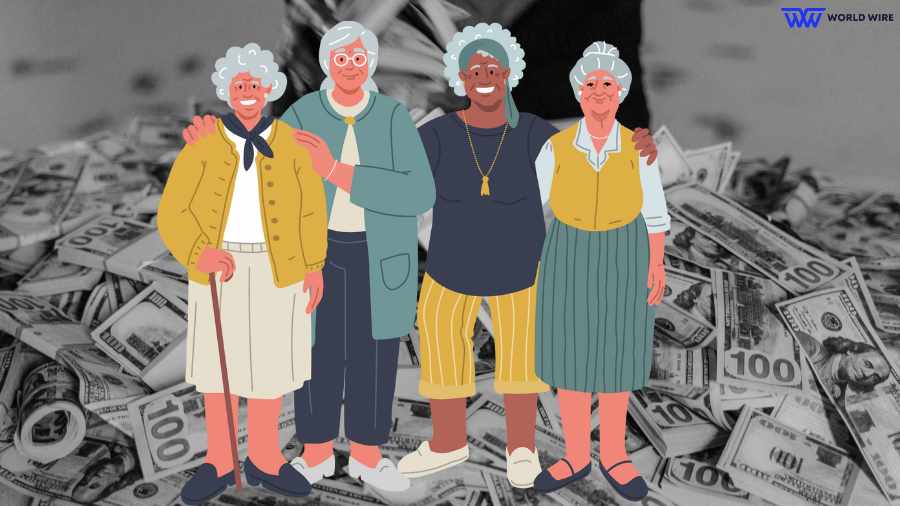

Add Comment